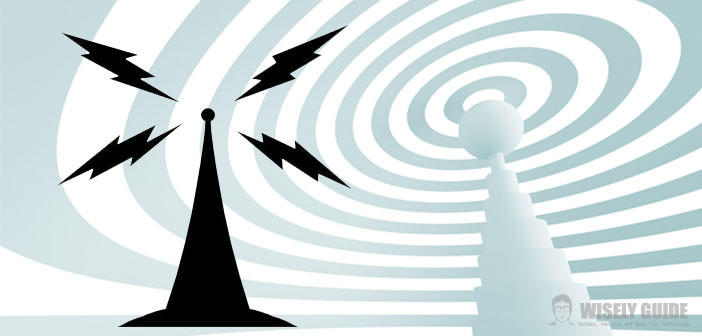AutoCharge is a new approach to wireless charging, with which it considers the sending of light rays to charge the battery of a device. Although the operational autonomy of smartphones is increasing considerably from generation to generation, just an operation slightly more complex and enduring to affect the ability to get into the evening. A good remedy to the problem turned out to be wireless charging, but because of some physical restrictions, it is still a very common technology on a large scale. Among the companies that have focused more on functionality are Microsoft, which is considering its possible evolution.
Some researchers of the company based in Beijing, Yunxin Liu, Zhen Qin and Zhao Chunshui, outlined the features of a technology that describe how AutoCharge. Leveraging light rays, this allows you to locate a smartphone and reload. The charger prototype shown can be installed, for example in the ceiling and works in two stages: the detection mode allowed by a camera Kinect to verify the presence of objects similar to smartphones, and a charging mode which involves the use of a torch UltraFire CREE XM-L T7 Focusing high-power LED.
AutoCharge can synchronize with your smartphone via Bluetooth or with an LED installed on your smartphone for the exchange of information such as the level of charge. If the system detects a smartphone via the camera (the prototype uses Kinect, but it is likely to be carried out ad-hoc solutions in time), and then verify a low charge (and set by the user), then it will be launched recharge through a light beam that will hit a solar panel installed on the device. If your smartphone will be moved or is no longer within the visual system, the system will shut down within 50 ms, while for the discovery process and start charging you need little more than a second.
Interestingly AutoCharge is based on solar energy, more mature and safe for the human body with respect to the electromagnetic radiation used on the wireless charging techniques are widespread today, but mainly able to spread in a linear manner via the LED and non-radial. In this way greatly increases the efficiency of charging, with researchers who say that in addition to the detection process, also that charging will be very fast, they speak speed similar to those of the most common charger cable.
Through the new methodologies shown by Microsoft discover, therefore, that the wireless charging is feasible and potentially entirely harmless to the human organism. At the moment, the device uses a light beam LED, which could prove annoying to those who are in the same room in which the recharge occurs. The researchers admitted that the technology is also possible with infrared light invisible to the human eye.
At the moment the current limits of technology are being related to the actual cost and the overall dimensions of a similar system, too high in relation to the intended use. AutoCharge could pave the way for the spread of wireless charging, making it really a viable alternative (and efficient) to the charging cable traditional. We wait for developments of a technology, which is very interesting, and especially a more suitable prototype infrared. We do not believe that the marketing to the general public will take place soon.



